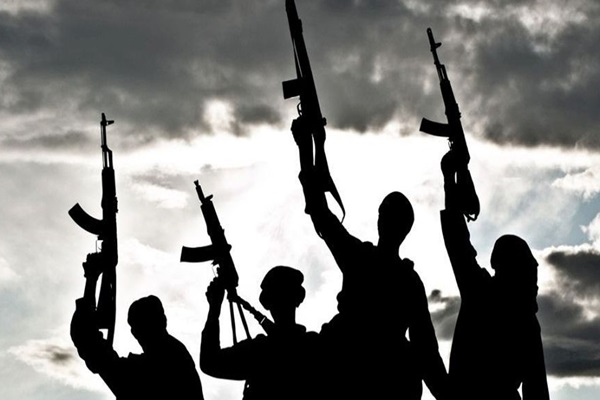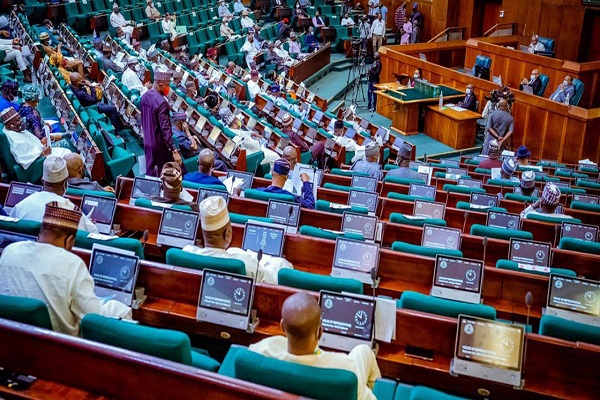The nation is reeling from the latest wave of bloodshed in Benue State, where over 200 people were brutally murdered in coordinated attacks on Yelwata and Daudu communities in Guma Local Government Area. The tragedy has ignited a firestorm of condemnation from across the political, religious, and civil society spectrum, with many pointing fingers directly at President Bola Tinubu and his administration for what they describe as a "lethargic and aloof" response to Nigeria’s worsening insecurity.
Former Senate President David Mark led the charge with a message of resilience and unity, urging the people of Benue to stand firm in the face of terror. “We must unite, mobilise, and speak with one voice against the invaders,” he said. “We must refuse to bow to fear.”
Arewa, JNI, and NGF React
The Arewa Consultative Forum (ACF), Jama’atu Nasril Islam (JNI), and the Nigeria Governors Forum (NGF) have all condemned the killings in strong terms, calling for proactive security measures and immediate humanitarian support for the affected communities.
Prof. Tukur Muhammad-Baba, ACF’s National Publicity Secretary, described the massacre as “a gruesome episode of violence” and demanded a strategic overhaul in intelligence and vigilance.
JNI, under the leadership of the Sultan of Sokoto, Alhaji Muhammad Sa’ad Abubakar III, termed the attacks “barbaric” and called on Nigerians to break their silence. “Enough is enough. Our collective silence or indifference may only serve to embolden the enemies of peace and national unity,” read a statement signed by Prof. Khalid Abubakar-Aliyu.
The NGF, in a statement by its Chairman and Kwara State Governor AbdulRahman AbdulRazaq, described the attacks as “a grievous affront to human dignity,” pledging its support to Governor Hyacinth Alia and the people of Benue State.
Rights Groups Demand Action, Not Rhetoric
The Rule of Law and Accountability Advocacy Centre (RULAAC) called for a constitutional state of emergency in Benue, citing Section 305 of the 1999 Constitution. Its Executive Director, Mr. Okechukwu Nwanguma, urged President Tinubu to “visit Yelwata, mourn with the survivors, and assure them that justice will be served.”
“Mr. President, Nigerians are watching. The world is watching. And history is watching,” he warned. “This is your test. This is your Rubicon. Do not cross to the wrong side of history.”
IPOB and PDP Hold Government Accountable
The Indigenous People of Biafra (IPOB) linked the massacre to warnings previously issued by its detained leader, Mazi Nnamdi Kanu, who it said had long predicted such invasions. “Mazi Nnamdi Kanu’s voice was the loudest in warning about Fulani terrorist herdsmen and the creeping invasion,” said IPOB spokesperson Emma Powerful.
The Peoples Democratic Party (PDP) went further, accusing President Tinubu of failing to fulfill his duties as Commander-in-Chief. In a statement by its spokesperson, Debo Ologunagba, the opposition party said, “It is traumatic to watch the gory pictures and videos of Nigerians murdered in cold blood while Tinubu and the APC carry on as if all is well.”
The PDP noted that over 600,000 Nigerians have been killed in the last two years, blaming the APC for being "overwhelmed" and more focused on 2027 re-election ambitions than securing the lives of citizens.
IPCR: Nigeria Must Chart a New Course
The Institute for Peace and Conflict Resolution (IPCR) added its voice, warning that Nigeria is on the brink. Dr. Joseph Ochogwu, IPCR’s Director General, stressed the need for a united front involving not just the government but civil society, community leaders, and the private sector.
“The trauma inflicted on individuals, families, and communities is immeasurable. Dialogue is essential, but so is decisive action,” he stated.
The IPCR called for investment in local governance, tackling root causes such as poverty and unemployment, and strengthening the rule of law. “Nigeria cannot continue on this trajectory of bloodshed,” the institute concluded.
A Nation at Crossroads
As the cries of anguish rise from the valleys of Benue, one thing is clear: Nigeria stands at a moral and political crossroads. The blood of the innocent calls not for hollow condemnations, but for leadership that is visible, bold, and uncompromising in its pursuit of justice.
With political pressure mounting, presidential inaction may no longer be politically or morally tenable. Whether President Tinubu will step forward decisively or continue on his current path remains to be seen — but history, as many have said, is already watching.



